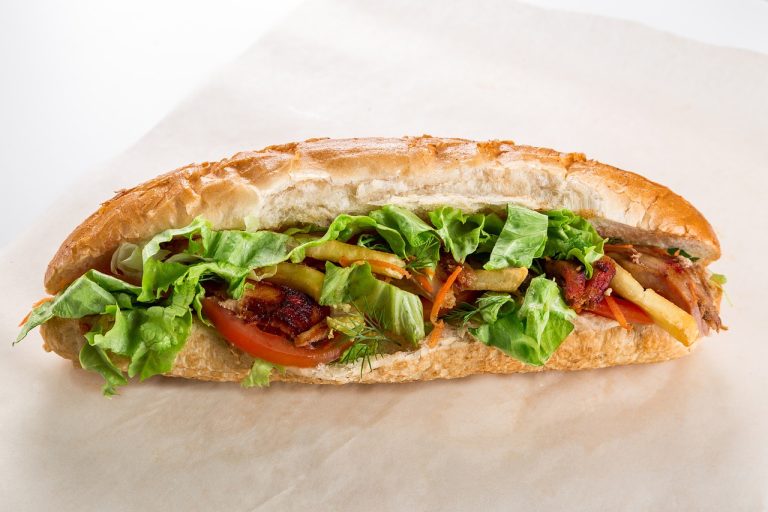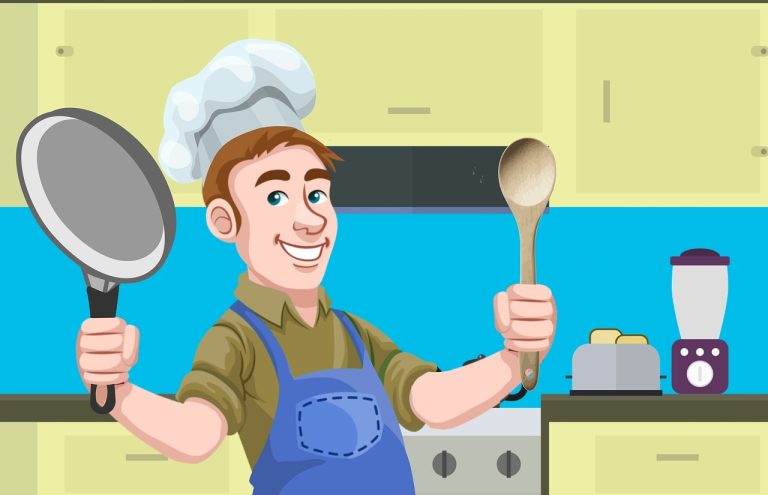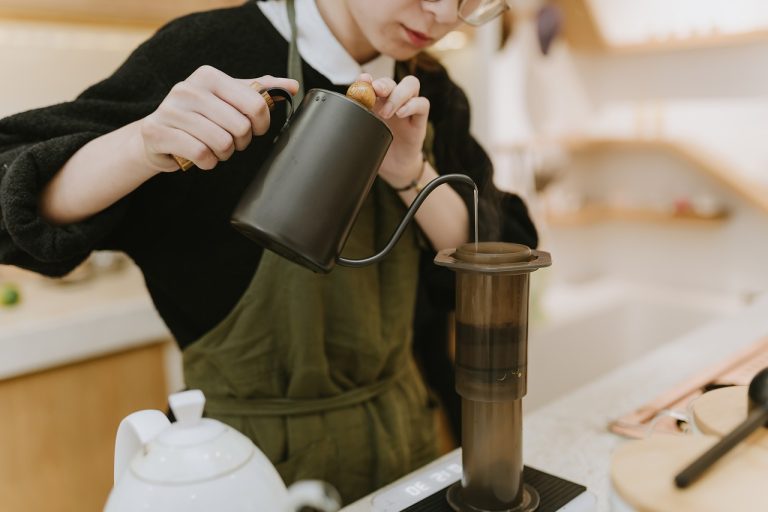How to Cook Good Food: A Culinary Adventure at Home

Embarking on a culinary adventure at home goes beyond the mere act of cooking; it’s an exploration of flavors, techniques, and the joy of creating something delightful. In this guide, we’ll delve into the art of cooking good food, providing insights and tips to elevate your home-cooked meals.
Gathering Quality Ingredients
The foundation of any delicious dish lies in the quality of its ingredients. Explore local markets, choose fresh produce, and opt for high-quality proteins. Understanding the origin of your ingredients enhances the overall dining experience.
Essential Kitchen Tools and Equipment
Equipping your kitchen with the right tools is essential. From sharp knives to versatile cookware, having the proper equipment ensures efficiency and precision in your cooking endeavors.
Understanding Flavor Profiles
Mastering flavor profiles is key to creating well-balanced dishes. Delve into the basics of sweet, salty, sour, and umami tastes, and learn how to harmonize them for a palate-pleasing experience.
Mastering Cooking Techniques
Cooking is an art that involves a repertoire of techniques. Whether it’s sautéing, roasting, baking, or grilling, understanding and mastering these techniques elevates your culinary skills.
The Importance of Meal Planning
Streamline your cooking process by embracing meal planning. Not only does it save time, but it also allows you to create balanced and nutritious meals for yourself and your loved ones.
Experimenting with Seasonings and Spices
Spices are the secret weapons of a good cook. Experiment with a variety of seasonings to add depth and complexity to your dishes, turning ordinary meals into extraordinary experiences.
Cooking Methods for Different Ingredients
Different ingredients require different approaches. Tailor your cooking methods to suit meats, vegetables, and grains, bringing out the best in each component.
Presentation and Plating
Elevate your dining experience by paying attention to presentation. Artful plating not only enhances the visual appeal but also adds to the overall enjoyment of the meal.
Adapting Recipes to Personal Preferences
Cooking is an expression of creativity. Feel free to adapt recipes to suit your taste preferences, adding your unique touch to every dish.
Cooking with Passion and Joy
Infuse your cooking with passion and joy. A positive mindset in the kitchen transforms the act of cooking into a joyful and fulfilling experience.
Troubleshooting Common Cooking Issues
Challenges in the kitchen are inevitable. Learn to troubleshoot common cooking issues, turning mistakes into valuable lessons for continuous improvement.
Sharing Culinary Experiences
Cooking is a delightful journey best enjoyed with others. Share your culinary creations with friends and family, fostering connections and creating lasting memories.
Embracing a Lifelong Learning Journey
Culinary skills are ever-evolving. Embrace a lifelong learning journey, staying open to new recipes, techniques, and the joy of discovering the endless possibilities in the kitchen.
Conclusion
As we celebrate the journey of cooking good food, remember that it’s not just about the destination but the experiences along the way. Encourage yourself and others to embark on their culinary adventures, savoring every moment and every flavor.
FAQs (Five Unique Frequently Asked Questions)
Q1: How do I choose the best quality ingredients for my recipes?
- A: Explore local markets, look for fresh produce, and build relationships with trusted suppliers for high-quality ingredients.
Q2: Why is meal planning important for home cooks?
- A: Meal planning saves time, ensures a balanced diet, and allows for efficient preparation, making the cooking process more enjoyable.
Q3: What’s the secret to mastering flavor profiles in cooking?
- A: Experiment with different tastes, understand the basics of sweet, salty, sour, and umami, and practice combining them for balanced flavors.
Q4: How can I troubleshoot common cooking issues, such as overcooking or underseasoning?
- A: Learn from mistakes, seek advice from experienced cooks, and be attentive to details like timing and seasoning adjustments.
Q5: How can I share my love for cooking with others?
- A: Host cooking gatherings, share recipes, and create a welcoming environment where friends and family can enjoy the fruits of your culinary passion.






